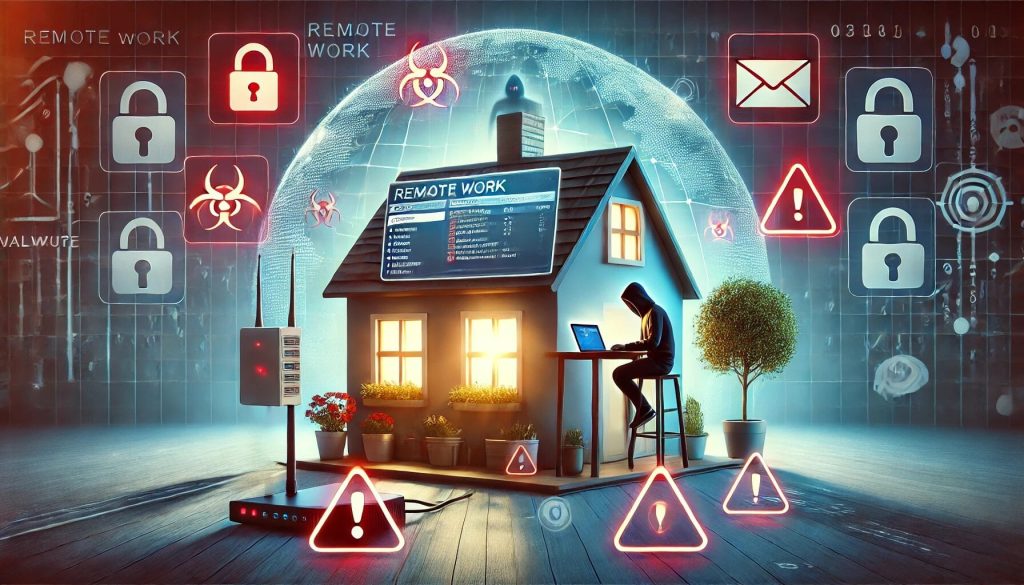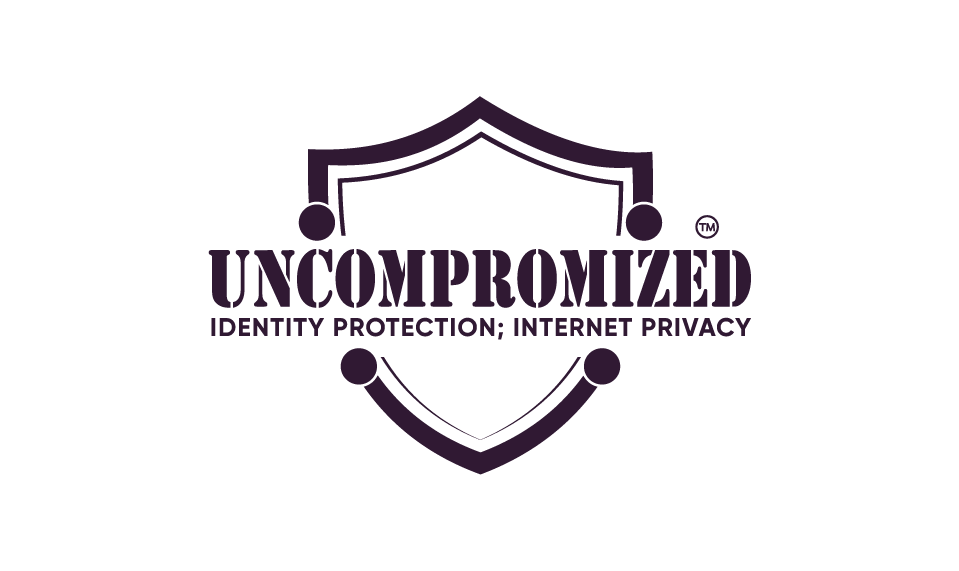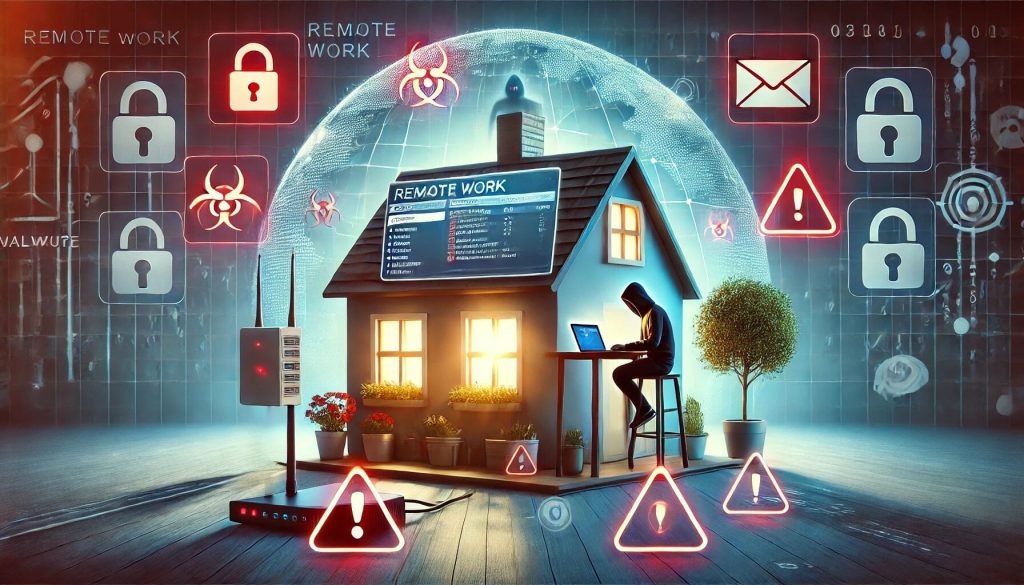
In today’s increasingly digital world, small businesses face a growing number of cyber threats. While many organizations focus on securing their in-office networks and devices, a significant threat vector often goes overlooked: employees working from home. When hackers compromise employees’ personal devices or home networks, they can gain a foothold that ultimately puts the entire business at risk. This challenge presents a unique opportunity for Managed Service Providers (MSPs) to step in as cybersecurity guardians, equipping small businesses to handle these evolving threats.
The Threat Landscape
The shift to remote and hybrid work has blurred the lines between personal and professional technology use. Employees frequently access sensitive business data from home networks, which are often less secure than corporate environments. Here’s how hackers exploit these vulnerabilities:
1. Compromised Home Networks: Many home networks lack robust security configurations. Default passwords, unpatched routers, and unsecured IoT devices create an open invitation for attackers.
2. Phishing Attacks: Cybercriminals use sophisticated phishing techniques to target employees at home, often bypassing corporate email filters. Once an employee unknowingly shares credentials or downloads malware, the attacker gains access to critical systems.
3. Unsecured Personal Devices: Employees may use personal devices for work purposes, and these devices are typically outside the purview of the business’s IT security policies. Without proper safeguards, they can become entry points for attackers.
4. Shadow IT: Employees often install unauthorized applications to facilitate their work, inadvertently creating vulnerabilities. These shadow IT tools might not meet corporate security standards and are easier for hackers to exploit.
5. Social Engineering: At home, employees may be less vigilant about security best practices, making them easier targets for social engineering tactics. Hackers exploit trust and familiarity to manipulate employees into compromising sensitive information.
The Fallout for Small Businesses
Small businesses are particularly vulnerable to these types of attacks due to limited resources and IT expertise. A single compromised employee can lead to:
• Data Breaches: Hackers can steal sensitive customer information, intellectual property, or financial data.
• Ransomware Attacks: Compromised credentials may allow attackers to deploy ransomware across the business network.
• Reputational Damage: News of a data breach can erode customer trust, especially for small businesses that rely on local or niche markets.
• Financial Loss: Beyond immediate remediation costs, regulatory fines and lost business can have a long-term impact.
How MSPs Can Protect Small Businesses
MSPs play a critical role in safeguarding small businesses against the risks associated with employees being compromised at home. Here’s how:
1. Implement Comprehensive Endpoint Security
MSPs should deploy endpoint protection solutions on all devices employees use for work—whether company-owned or personal. These solutions can include antivirus, anti-malware, and endpoint detection and response (EDR) tools to monitor and block suspicious activities.
2. Secure Remote Access
Securing remote connections is essential. MSPs can implement:
• VPNs: Ensure encrypted connections between employees and business networks.
• Zero Trust Network Access (ZTNA): Verify users and devices before granting access to sensitive resources.
3. Provide Regular Security Awareness Training
Employees are often the weakest link in the security chain. MSPs can offer ongoing security training to educate employees about:
• Identifying phishing emails.
• Avoiding suspicious links and downloads.
• Recognizing social engineering tactics.
4. Monitor and Manage Home Networks
While directly managing an employee’s home network may not always be feasible, MSPs can:
• Recommend secure router configurations and firmware updates.
• Encourage employees to change default passwords and implement strong Wi-Fi encryption (e.g., WPA3).
• Provide guidance on securing IoT devices.
5. Enable Multi-Factor Authentication (MFA)
MFA is one of the most effective ways to prevent unauthorized access. MSPs can ensure MFA is enabled across all business-critical applications and accounts.
6. Utilize Managed Detection and Response (MDR)
MSPs should offer 24/7 monitoring and incident response services to detect and mitigate potential threats in real time. By leveraging MDR, MSPs can quickly identify when an employee’s credentials or devices have been compromised and take action before further damage occurs.
7. Backups and Disaster Recovery Planning
Regular, automated backups are a must. MSPs should implement robust backup solutions and ensure businesses have a comprehensive disaster recovery plan in place. This ensures continuity even if a ransomware attack occurs.
8. Enforce Device and Application Management
Using mobile device management (MDM) or unified endpoint management (UEM) tools, MSPs can enforce security policies on both corporate and personal devices. These tools allow businesses to control application access, enforce encryption, and wipe data remotely if necessary.
9. Promote a Security-First Culture
Beyond technical measures, MSPs should work with businesses to foster a culture where security is prioritized. This includes setting clear policies for remote work, encouraging employees to report suspicious activities, and rewarding proactive security practices.
The MSP Advantage
For small businesses, partnering with an MSP can be a game-changer. MSPs bring expertise, advanced tools, and a proactive approach to cybersecurity that small business IT teams often lack. By addressing vulnerabilities at the employee level, MSPs can help small businesses:
• Reduce the risk of cyberattacks.
• Protect their reputation and customer trust.
• Focus on growth without constantly worrying about security threats.
These are all solid steps to creating a more secure environment, but most MSPs are not structured to deliver extended services to the homes of their customer’s employees, and honestly, many don’t want to take on the end user market. In addition, the costs associated with managing those extended networks and driving a secure culture can be astronomical. Another option that is available to the MSP community is Uncompromized and Unvisible. If you want to learn more, check us out.






